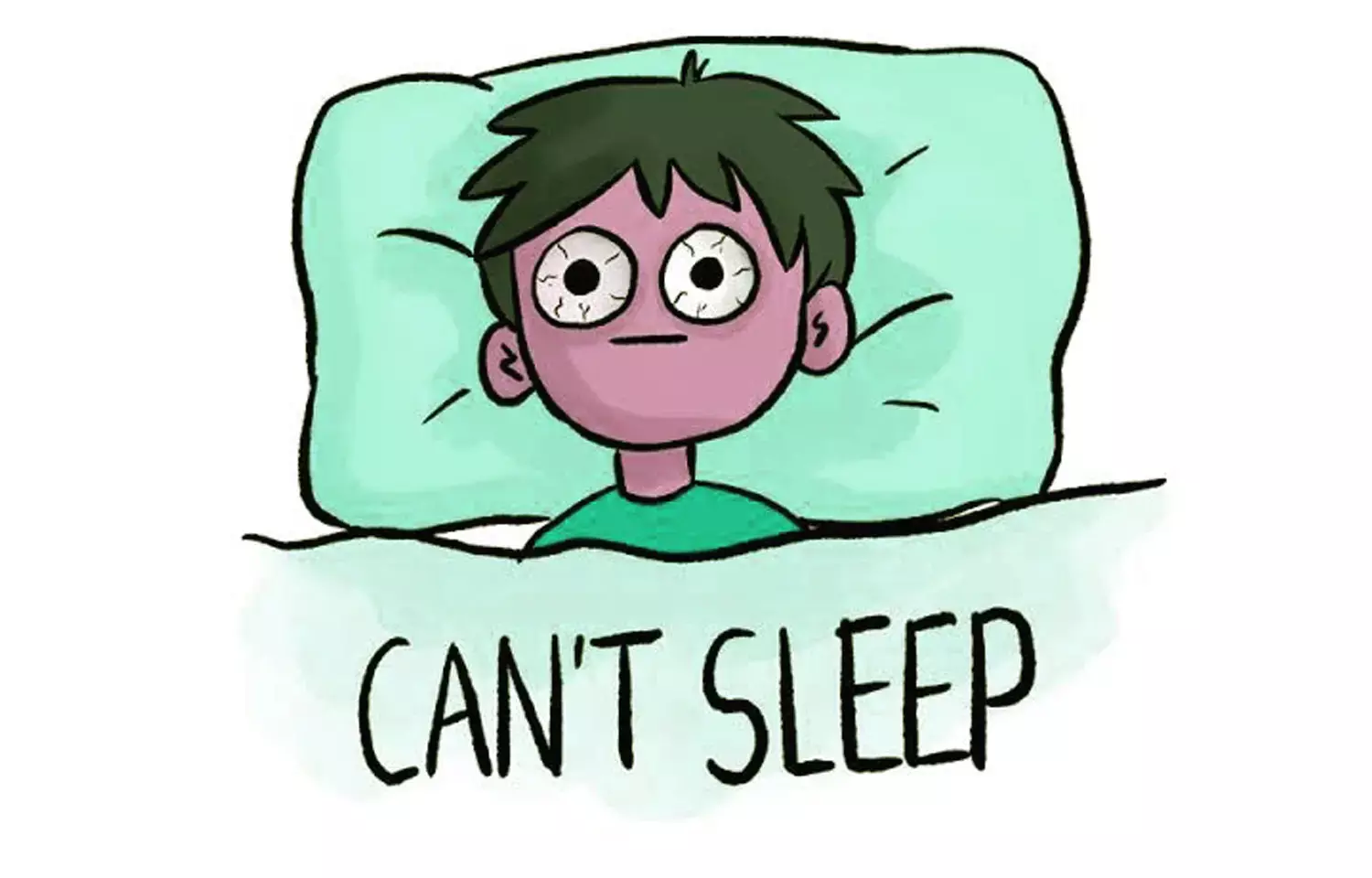- Home
- Medical news & Guidelines
- Anesthesiology
- Cardiology and CTVS
- Critical Care
- Dentistry
- Dermatology
- Diabetes and Endocrinology
- ENT
- Gastroenterology
- Medicine
- Nephrology
- Neurology
- Obstretics-Gynaecology
- Oncology
- Ophthalmology
- Orthopaedics
- Pediatrics-Neonatology
- Psychiatry
- Pulmonology
- Radiology
- Surgery
- Urology
- Laboratory Medicine
- Diet
- Nursing
- Paramedical
- Physiotherapy
- Health news
- Fact Check
- Bone Health Fact Check
- Brain Health Fact Check
- Cancer Related Fact Check
- Child Care Fact Check
- Dental and oral health fact check
- Diabetes and metabolic health fact check
- Diet and Nutrition Fact Check
- Eye and ENT Care Fact Check
- Fitness fact check
- Gut health fact check
- Heart health fact check
- Kidney health fact check
- Medical education fact check
- Men's health fact check
- Respiratory fact check
- Skin and hair care fact check
- Vaccine and Immunization fact check
- Women's health fact check
- AYUSH
- State News
- Andaman and Nicobar Islands
- Andhra Pradesh
- Arunachal Pradesh
- Assam
- Bihar
- Chandigarh
- Chattisgarh
- Dadra and Nagar Haveli
- Daman and Diu
- Delhi
- Goa
- Gujarat
- Haryana
- Himachal Pradesh
- Jammu & Kashmir
- Jharkhand
- Karnataka
- Kerala
- Ladakh
- Lakshadweep
- Madhya Pradesh
- Maharashtra
- Manipur
- Meghalaya
- Mizoram
- Nagaland
- Odisha
- Puducherry
- Punjab
- Rajasthan
- Sikkim
- Tamil Nadu
- Telangana
- Tripura
- Uttar Pradesh
- Uttrakhand
- West Bengal
- Medical Education
- Industry
E-cigarette related to sleep deprivation in young adults, reveals study

The findings from a recent study published in Addictive Behaviors suggest that e-cigarette use might be related to sleep deprivation in young adults.
Sleep deprivation is a strong predictive factor for many adverse health outcomes. It disrupts the functionality of different human body systems, such as immune, reproductive, and cardiovascular systems.
One potential predictor of sleep deprivation might be e-cigarette use. E-cigarette use (vaping) has dramatically increased among young adults in the U.S., even among those who had never used cigarettes. . Nicotine and other particulates of e-cigarettes have been linked to adverse health outcomes, such as increased heart rate, cough and wheeze, endothelial dysfunction, oxidative stress, addiction, and attention deficiency.
The potential substance that links e-cigarette and sleep health is nicotine (Brett et al., 2020). Nicotine, as a stimulant, can suppress rapid eye movement (REM) sleep, which may contribute to a variety of sleep problems such as sleep deprivation. The nicotine in the inhaled e-cigarette aerosols may have negative effects on sleep architecture and disturb the neurotransmitters that regulate the sleep cycle.
Many studies have found an association between combustible cigarette smoking and poor sleep. A systematic review in 2019 on adolescent substance use and sleep found few and inconsistent studies addressing the association between e-cigarette use and sleep deprivation and concluded that this association is a concern that requires more research.
This is an important question given the rapid increase in e-cigarette use among young adults in recent years.
To bridge this gap, a study was undertaken to determine whether e-cigarette use is associated with sleep deprivation in a sample of young (18–24 years-old) American adults.
Researchers used pooled cross-sectional data from the 2017 and 2018 Behavioral Risk Factor Surveillance System (BRFSS), selecting respondents aged 18 to 24 from forty-one states and U.S. territories that included the e-cigarette and sleep modules in the interview (N = 19,701).
Poisson regression models tested the relationship between e-cigarette use and sleep deprivation.
The team adjusted for sociodemographic variables, physical activity, mental health, BMI, smokeless tobacco products use, alcohol drinking, and smoking. The main outcome of interest was sleep deprivation.
On analysis, the following facts were revealed.
- In the pooled dataset, the weighted prevalence of current or former e-cigarette use was 47%, and 35% of participants self-reported sleep deprivation.
- After adjusting for confounders, former e-cigarette users were 1.17 times more likely to report sleep deprivation, compared to never users (95%CI: 1.06, 1.29).
- The prevalence ratio for self-reported sleep deprivation increased to 1.42 (95%CI: 1.23, 1.65) for everyday users, compared to never e-cigarette user
The research team highlighted some facts.
- Electronic cigarette use might be related to sleep deprivation in young adults.
- Former users were more likely to report sleep deprivation compared to non-users.
- The association became stronger when comparing current users with nonusers.
- The association remained even after adjusting for confounders, e.g. alcohol use
For the full article click on the link: DOI: 10.1016/j.addbeh.2020.106646.
Primary source: Addictive Behaviors
Dr Satabdi Saha (BDS, MDS) is a practicing pediatric dentist with a keen interest in new medical researches and updates. She has completed her BDS from North Bengal Dental College ,Darjeeling. Then she went on to secure an ALL INDIA NEET PG rank and completed her MDS from the first dental college in the country – Dr R. Ahmed Dental College and Hospital. She is currently attached to The Marwari Relief Society Hospital as a consultant along with private practice of 2 years. She has published scientific papers in national and international journals. Her strong passion of sharing knowledge with the medical fraternity has motivated her to be a part of Medical Dialogues.
Dr Kamal Kant Kohli-MBBS, DTCD- a chest specialist with more than 30 years of practice and a flair for writing clinical articles, Dr Kamal Kant Kohli joined Medical Dialogues as a Chief Editor of Medical News. Besides writing articles, as an editor, he proofreads and verifies all the medical content published on Medical Dialogues including those coming from journals, studies,medical conferences,guidelines etc. Email: drkohli@medicaldialogues.in. Contact no. 011-43720751


